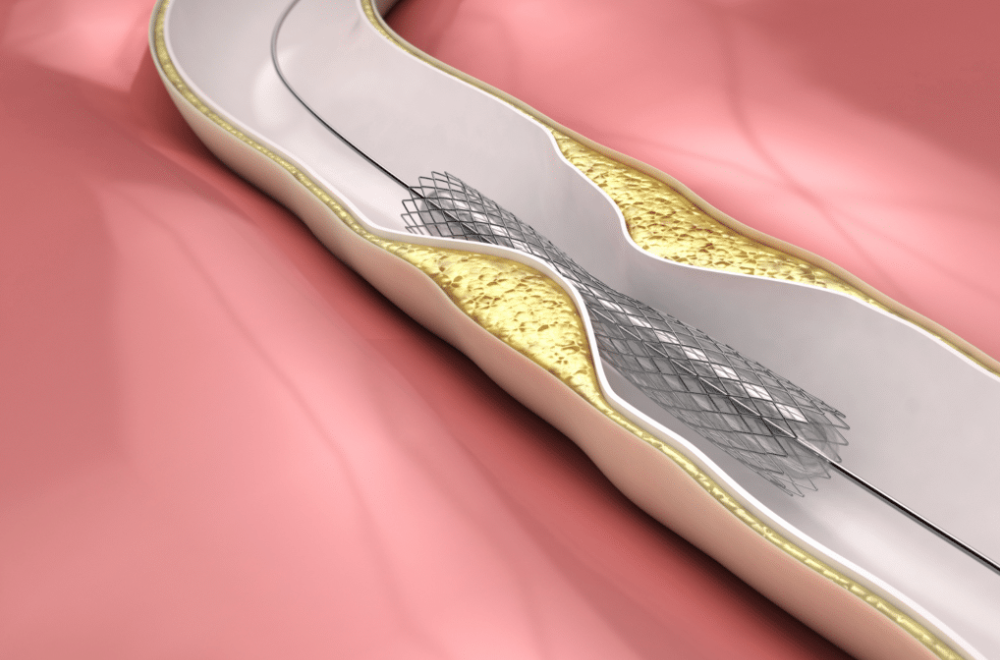
Primary Coronary Angioplasty Treatment
Percutaneous coronary intervention (PCI) is a treatment to open a blocked artery. Arteries are the blood vessels that carry oxygen-rich blood through your body. You may need a PCI if you have a buildup of a fatty, waxy substance (plaque) in your arteries. Or you may have a PCI to clear blockages after a heart attack. Another name for a PCI is coronary angioplasty.
A percutaneous coronary intervention (PCI) is a minimally invasive procedure to open blocked coronary (heart) arteries. An older name for PCI is coronary angioplasty with stenting or angioplasty for short.
Usually, your interventional cardiologist then places a small, permanent tube (stent) to keep the artery open long term. The stent usually contains medication that releases directly into your artery (drug-eluting stent) to reduce the risk of re-narrowing within the stent.
Get expert Dr. Sai Ravi Shanker,Primary Coronary Angioplasty Treatment in Gachibowli, Hyderabad with the best heart specialists, Quick diagnosis, and advanced car.
Symptoms
All heart treatments have some symptoms. Symptoms of a PCI procedure may include:
- Bleeding or infection at the catheter insertion site.
- Blood clots in the heart stent.
- Re-narrowing in the artery.
- Stroke.
- Bleeding or discharge at the catheter insertion site.
- Chest pain (angina).
- Chills or a fever.
- Coolness or numbness where the doctor inserted the catheter.
- Dizziness or fainting (syncope).
- Shortness of breath (dyspnea).
- Swelling or pain that doesn’t go away.
Percutaneous coronary intervention is generally a safe procedure with a low risk of complications. When providers perform a PCI using a drug-eluting stent, the likelihood that the artery will close again is less than 5%.
Explore More : Laser Angioplasty Specialist
